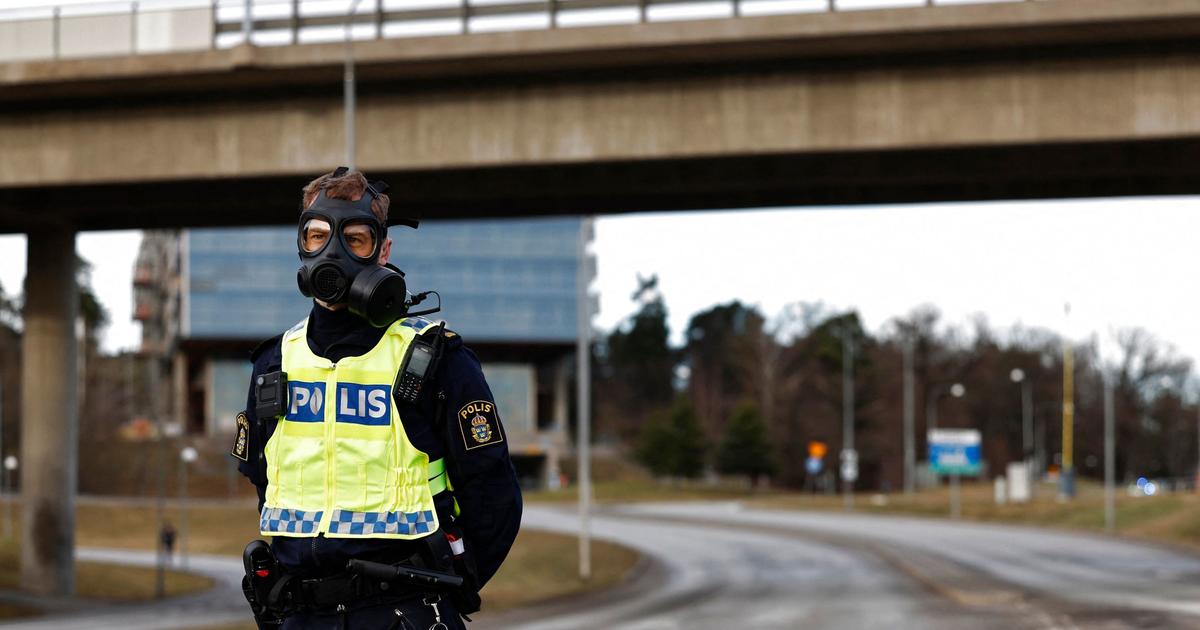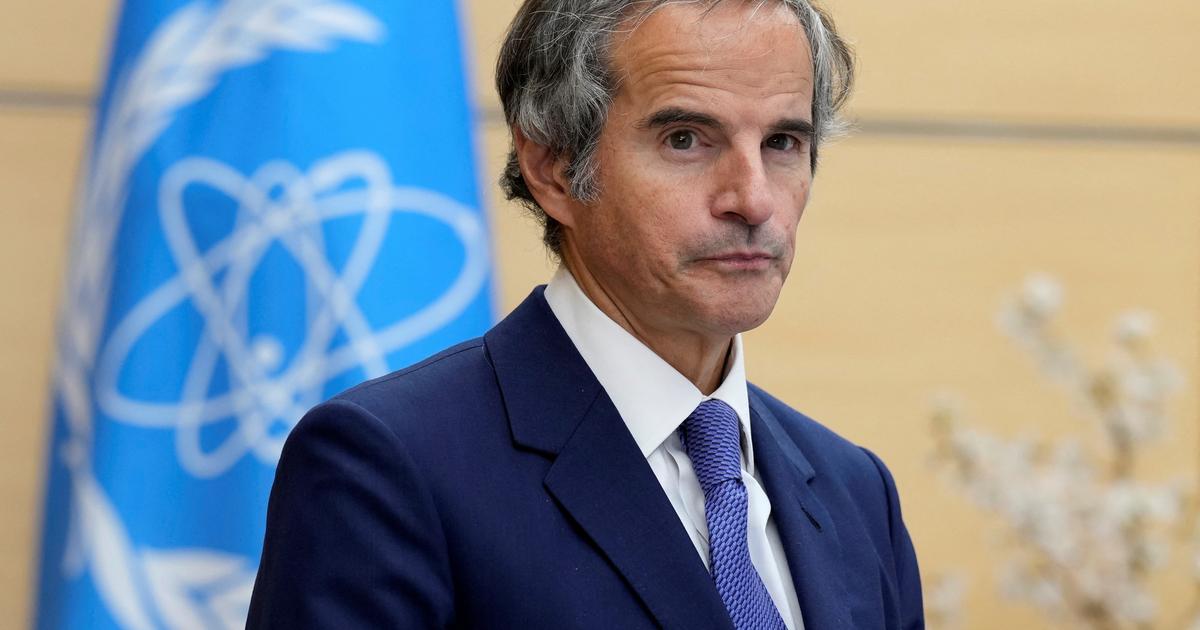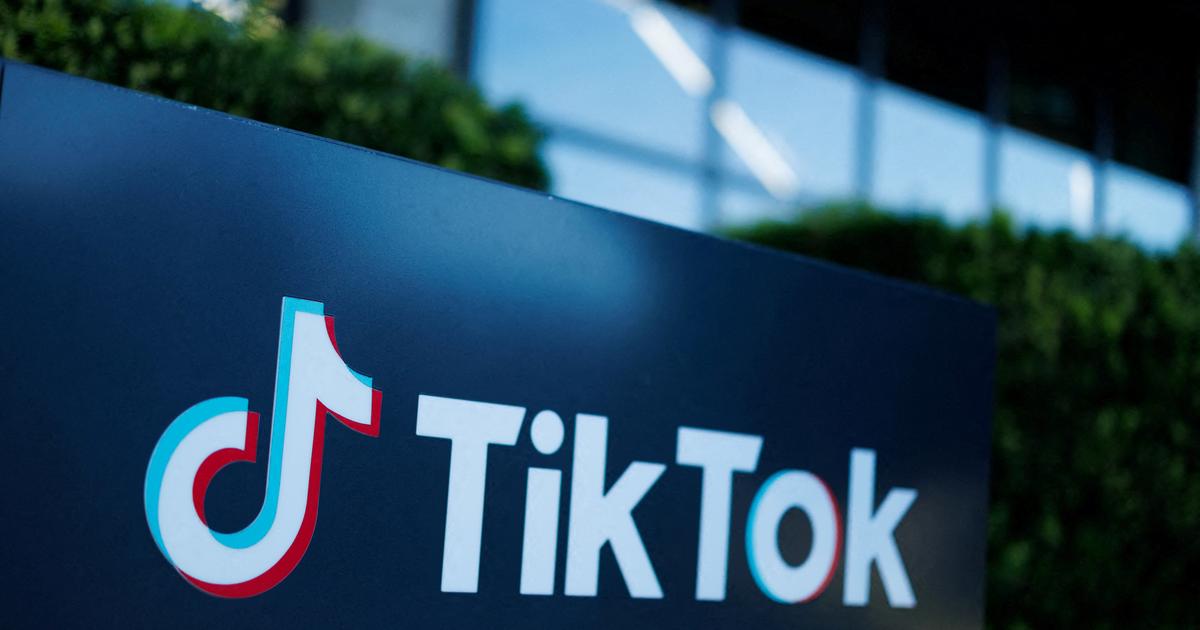Image of the New York Stock Exchange, on Wall Street.REUTERS
A massive leak of files of the Administration of the United States known this Sunday reveals that big banks bypassed international regulations on money laundering and favored, through millionaire movements, questioned tycoons from Eastern Europe, criminal networks and political operators accused of corruption.
From Ukrainian oligarchs to the network of Colombian-Venezuelan businessman Álex Saab, alleged front man of Nicolás Maduro arrested in Cape Verde and claimed by Washington, drug traffickers wanted by the US justice, the transactions of illicit funds went around the world and involve entities such as JP Morgan or HSBC.
The investigation began with a leak of secret documents to BuzzFeed News, which shared the files with the International Consortium of Investigative Journalists (ICIJ).
These are thousands of reports that US banking entities send to the Financial Crimes Control Office (FinCEN), which depends on the Treasury Department, in case of suspicion.
The records show, according to the work, that "five global banks (JP Morgan, HSBC, Standard Chartered Bank, Deutsche Bank and Bank of New York Mellon) continued to benefit" from those clients even after being sanctioned by the US authorities.
"In some cases," notes the ICIJ, "banks continued to move illicit funds even after US officials warned them that they would face criminal prosecution if they did not stop doing business with gangsters, scammers or corrupt regimes."
JPMorgan, for example "moved money for individuals and companies linked to the massive looting of public funds in Malaysia, Venezuela and Ukraine."
Specifically, the transactions of that entity total 1 billion dollars for a magnate, a fugitive from justice, linked to the embezzlement of billions of sovereign wealth fund 1 Malaysia Development Berhard (1MDB).
The documents also contain traces, as the Venezuelan portal Armando.info points out, of Álex Saab's businesses, accused of being one of the front men of Nicolás Maduro, currently detained in Cape Verde and awaiting extradition to the United States.
And these movements, as highlighted by the Consortium of Journalists, came to splash the campaign of the US president himself, Donald Trump.
“JP Morgan also processed more than $ 50 million in payments over a decade, records show, for Paul Manafort, President Donald Trump's former campaign manager.
The bank transferred at least 6.9 million in transactions from Manafort in the 14 months following his resignation from the campaign amid a whirlwind of money laundering and corruption allegations that stemmed from his work with a pro-Russian political party in Ukraine. " .
The files, spanning 17 years, from 2000 to 2017, show that suspicious transactions “continued to increase through JP Morgan accounts despite the bank's promises to improve its money laundering controls as part of agreements that it reached the US authorities in 2011, 2013 and 2014 ”, the investigation says.
The bank, however, hid itself in the fact that it was legally prohibited to talk about clients or transactions.
He said he has taken a "leadership role" in pursuing "proactive intelligence-led investigations" and developing "innovative techniques to help combat financial crime."
Neither the financial crime control agency nor the Treasury Department responded to questions submitted in August by ICIJ and its allies in this investigation.
FinCEN told BuzzFeed News that it does not comment on the existence or non-existence of specific reports of suspicious activity, sometimes known as SARs.
Days before the publication of the investigation by ICIJ and its partners, FinCEN announced that it was seeking public comment on ways to improve the US anti-money laundering system. "
The work covers 17,600 insider and whistleblower records, court files, freedom of information requests and other sources.
The leak, the details of which will be known in the next few days, threatens to unleash a political storm in several countries, probably including the United States.
From United States to Wuhan
The work documents of the International Consortium of Investigative Journalists are a kind of trip around the world through illicit transactions of millionaire funds.
According to the ICIJ told the BBC, from the secret files, the journalists traced the money "from a drug dealer from Rhode Island, in the United States, to a chemical laboratory in Wuhan, China."
Or “they explored scandals that crippled the economies of Africa and Eastern Europe;
they identified grave robbers with Buddhist relics that were sold to galleries in New York;
and they followed Venezuelan magnates who diverted money from public housing and hospitals ”.







/cloudfront-eu-central-1.images.arcpublishing.com/prisa/KLSYQ32RGZFXLNNDYPWLUR2EWE)






